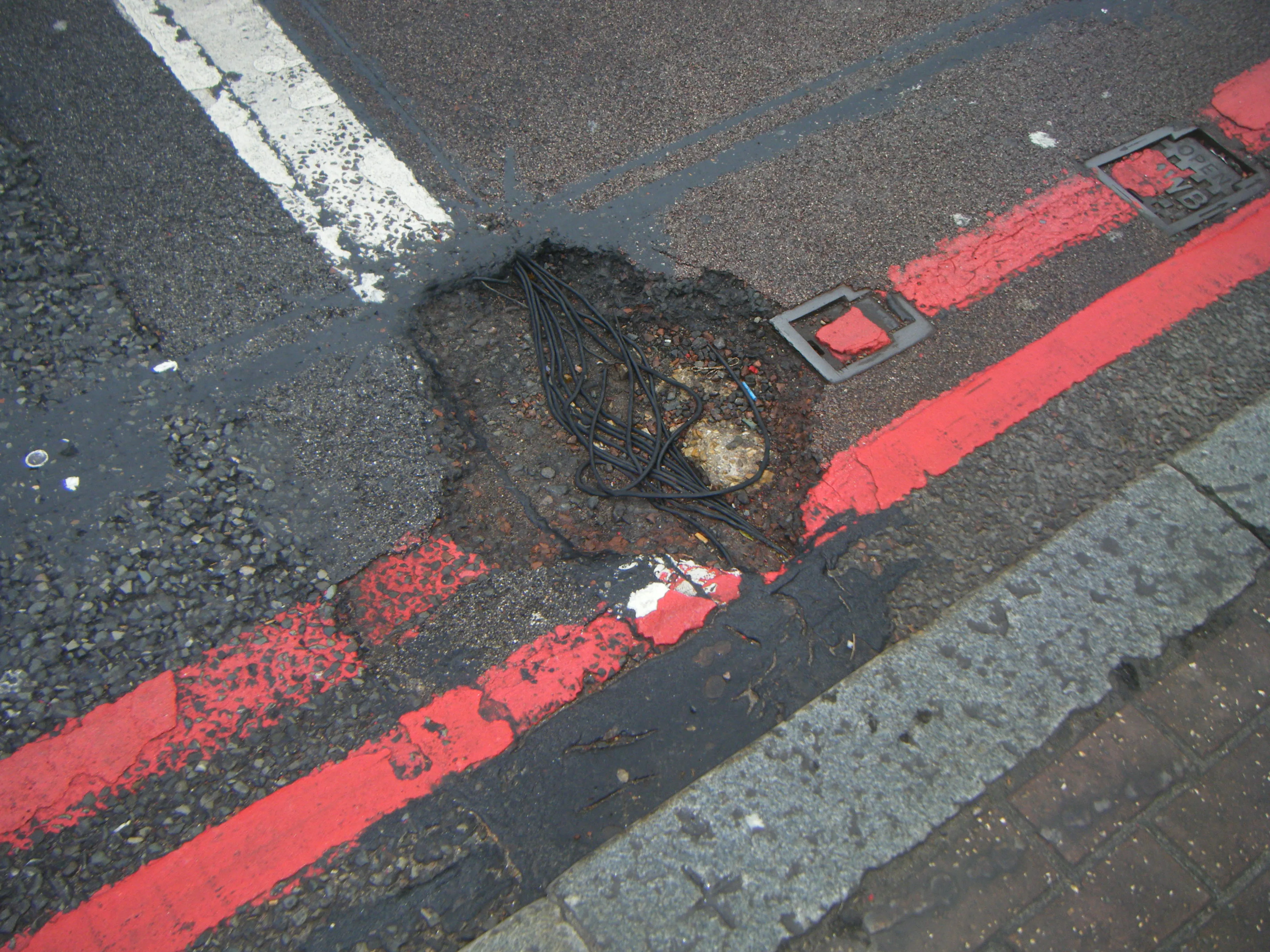Nearly a third of Sri Lanka’s new US$11.5 billion transport master plan will be spent on road development in and around the capital Colombo.
The plan, unveiled by the Western Region Megapolis Planning Project (WRMPP) – covers the next 20 years. Work will start on the first projects withinsix month, according to a report by the Daily Mirror newspaper.
The other two-thirds will be spent on a light rail transit system, railway electrification, bus modernisation and inland waterways.
The project is to
June 6, 2016
Read time: 2 mins
Nearly a third of Sri Lanka’s new US$11.5 billion transport master plan will be spent on road development in and around the capital Colombo.
The plan, unveiled by the Western Region Megapolis Planning Project (WRMPP) – covers the next 20 years. Work will start on the first projects withinsix month, according to a report by the Daily Mirror newspaper.
The other two-thirds will be spent on a light rail transit system, railway electrification, bus modernisation and inland waterways.
The project is to be funded via public-private partnerships but no contracts have be finalised as yet, according the newspaper.
The 3,600km2 plan is the brainchild of Sri Lanka's nine-month-old coalition government, led by president Maithripala Sirisena and prime minister Ranil Wickremesinghe.
A report by the Nikkie Asia Review in March said that the Western Region Megapolis Planning Project comprises 150 small projects, including the $1.4 billion Chinese-funded Colombo Port City development. There will also be a trade hub for Colombo, a city of six million people. Other aspects are a high-rise central business district including at least 60 new towers and a science and technology city.
The Asia Review also quoted Brogan Ingstad, of the London-based economic analysts Oxford Business Group, warning that Sri Lanka needs to take great care to ensure value for money, given its economic situation including budget deficits. "Cost-benefit analysis of every dollar spent is important,” he said. "You want to ensure the projects count and that they reach completion."
The plan, unveiled by the Western Region Megapolis Planning Project (WRMPP) – covers the next 20 years. Work will start on the first projects withinsix month, according to a report by the Daily Mirror newspaper.
The other two-thirds will be spent on a light rail transit system, railway electrification, bus modernisation and inland waterways.
The project is to be funded via public-private partnerships but no contracts have be finalised as yet, according the newspaper.
The 3,600km2 plan is the brainchild of Sri Lanka's nine-month-old coalition government, led by president Maithripala Sirisena and prime minister Ranil Wickremesinghe.
A report by the Nikkie Asia Review in March said that the Western Region Megapolis Planning Project comprises 150 small projects, including the $1.4 billion Chinese-funded Colombo Port City development. There will also be a trade hub for Colombo, a city of six million people. Other aspects are a high-rise central business district including at least 60 new towers and a science and technology city.
The Asia Review also quoted Brogan Ingstad, of the London-based economic analysts Oxford Business Group, warning that Sri Lanka needs to take great care to ensure value for money, given its economic situation including budget deficits. "Cost-benefit analysis of every dollar spent is important,” he said. "You want to ensure the projects count and that they reach completion."







